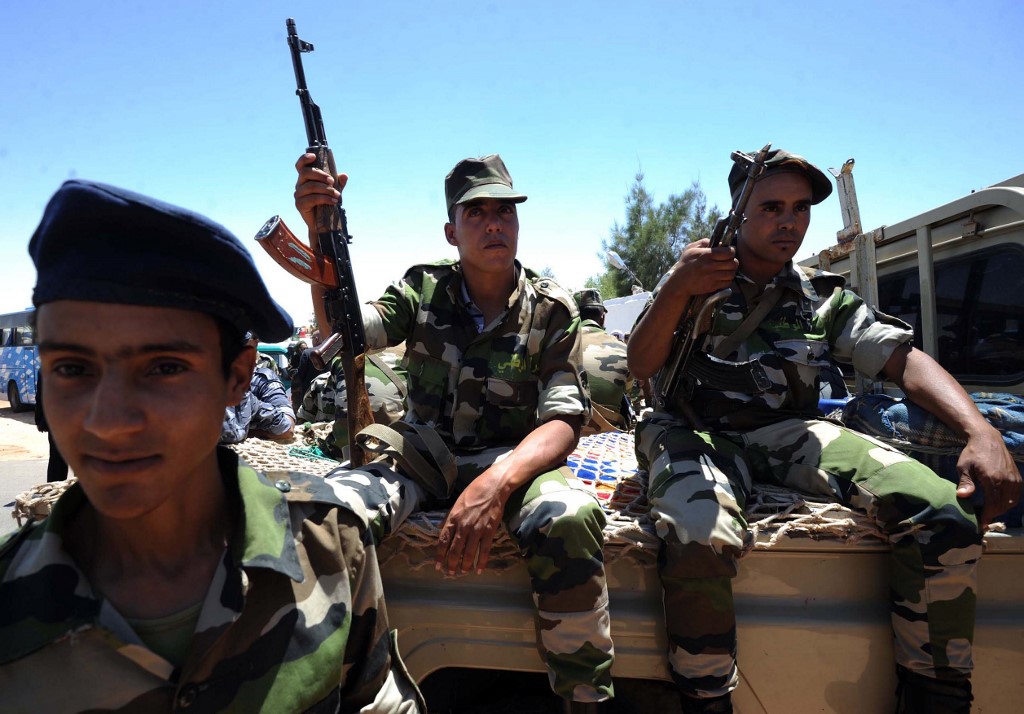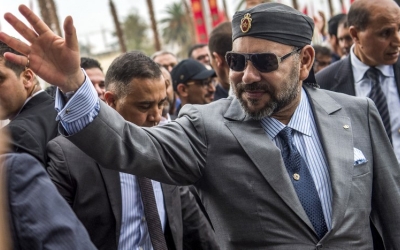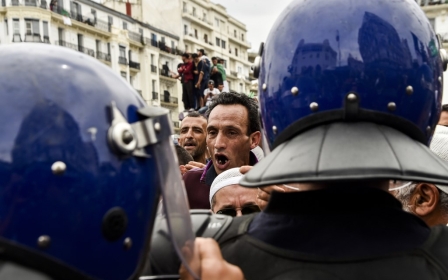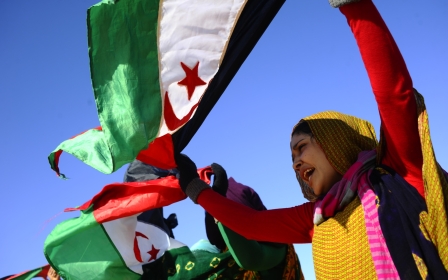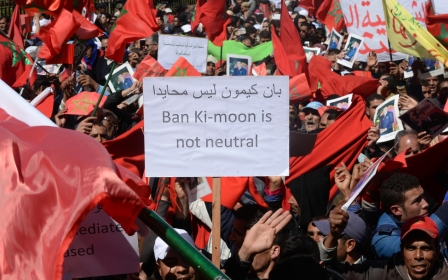Morocco's king and Algeria's generals: The standoff continues
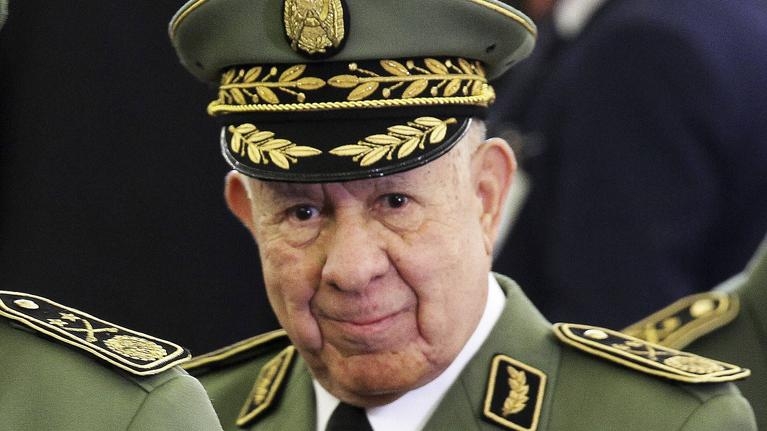
A few days after the death of Algeria’s army chief of staff, Ahmed Gaid Salah, one of his proteges, Major General Said Chengriha, 74, was put in charge of the transition at the top of the People’s National Armed Forces, which has been a lynchpin of the state since the country’s 1962 independence.
Since the beginning of the 22 February popular protest movement known as hirak, all major political decisions had been taken by the powerful Gaid Salah, who frequently addressed protesters. Amid growing demonstrations, he made a political overture by propelling one of his friends, Abdelmadjib Tebboune, to head of state.
Tebboune, an old ally of Abdelaziz Bouteflika, won the Algerian presidency in the first voting round, following an election that was largely boycotted. He immediately sought to ease tensions, calling last month for a “political dialogue” with the popular movement to solve the country’s crisis.
Conflicted relations
Once they obtained their independence, Morocco and Algeria became adversaries. Their conflicted relations were marked by, among other events, the 1963 Sand War, which revolved around a border dispute.
New MEE newsletter: Jerusalem Dispatch
Sign up to get the latest insights and analysis on Israel-Palestine, alongside Turkey Unpacked and other MEE newsletters
In a strained regional context, it is imperative for the new president to decrease tensions with neighbouring countries, especially Morocco. While the kingdom claims sovereignty over Western Sahara, the Polisario Front - an armed political movement aiming to end the Moroccan presence, and backed by Algeria's generals - advocates independence for the Sahrawi people.
Now, with a pro-Polisario Front commander in charge of the military, the Western Sahara conflict has reached a dead end
But the appointment of Chengriha as army chief of staff presents Tebboune with a dilemma over how to restore social peace, while resisting the pressure of military officials who favour repressing the protests.
During 2016 military exercises, Chengriha backed the Sahrawi people against the “tyranny of the Moroccan regime”. Now, with a pro-Polisario Front commander in charge of the military, the Western Sahara conflict has reached a dead end. Thanks to the support of the Algerian military, Polisario has, in Rabat's view, continued its provocations against Morocco.
As a sign of goodwill, Morocco’s King Mohammed VI congratulated Tebboune for his recent election victory and reiterated his previous invitation to “open a new page in the relationship between our two neighbouring countries, on the basis of mutual trust and constructive dialogue”.
Military arsenal
Seen from Algiers, however, normalisation with Morocco is not on the agenda. Meanwhile, the regime of Mohammed VI is strengthening its military arsenal to face the Algerian threat.
In 2016, Algeria was the fifth largest importer of weapons in the world, according to the Stockholm International Peace Research Institute. Morocco’s defence budget is a fraction of Algeria’s, the latter of which has reached $10bn. The Moroccan regime thus seeks to counterbalance Algeria’s military power, while retaining total control over the Royal Moroccan Armed Forces.
Unlike the Algerian regime, which is facing a large and determined popular protest movement, Morocco is playing the cosmetic democratisation card, combined with an uncompromising national security policy and propaganda campaigns focused on the “providential” king.
Relations between the two countries may evolve in three potential directions. The first would be continued escalation, leading to an open military conflict that would engulf the region in chaos. None of the players would benefit from starting a war in the midst of an economic crisis and without national unity.
The second scenario would involve solving the Sahara dispute and normalising bilateral relations. This would require significant de-militarisation and a complicated political formula that would strike a compromise between Morocco’s autonomy project, which tends to counter separatist claims, and the right of people to self-determination.
The third scenario would be the status quo, maintaining the cold war between Rabat and Algiers, and an impasse in negotiations between Morocco and the Polisario Front.
Return to the status quo
The status quo hypothesis could itself degenerate into an escalation of diplomatic problems, which could lead to a military confrontation.
That scenario depends on the Algerian military’s ability to counter the popular protests. If protesters manage to resist the generals and impose a democratically elected president, the Polisario Front would likely be forced to act militarily, in the absence of the Algerian army’s historic support. At that point, there could be an escalation of violence on both sides that may undermine the peace process initiated in 1991.
Otherwise, if Algeria’s generals resist the popular push for democratisation by backing Tebboune in his “pacification” policy, there may be a return to the Bouteflika-era status quo.
The confrontation between Mohammed VI and the Algerian generals would then continue to tear apart two countries and peoples who are natural allies, but who have been taken hostage by authoritarian regimes.
The views expressed in this article belong to the author and do not necessarily reflect the editorial policy of Middle East Eye.
This has been translated and edited from the MEE French edition.
Middle East Eye delivers independent and unrivalled coverage and analysis of the Middle East, North Africa and beyond. To learn more about republishing this content and the associated fees, please fill out this form. More about MEE can be found here.



